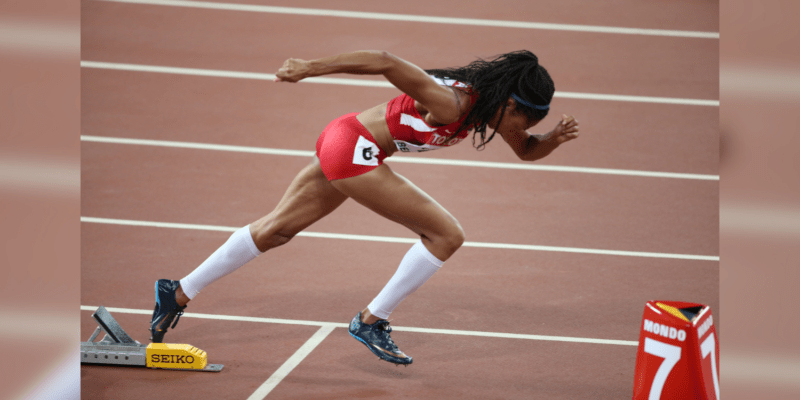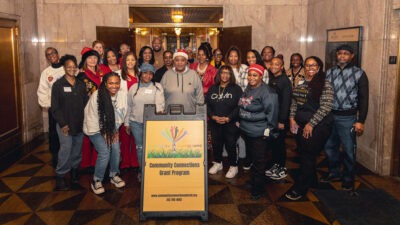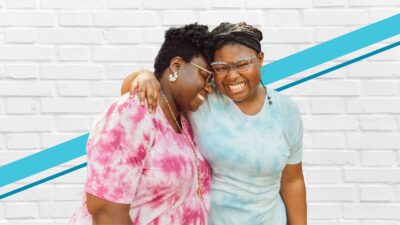A record-breaking Olympian gave birth to her second child at the start of Black Maternal Health Week; an Olympian whose body has been trained to endure the most challenging of physical experiences. And this Olympian, when sharing her most recent birth story, said, “The most important thing I wanted from this birth was for my son and I to survive.”
Allyson Felix, the most decorated female track and field athlete in Olympic history, said her advocacy work around Black maternal health will continue “because every woman of color deserves to have the full experience of joy in birth, instead of the fear we are accustomed to.”
Despite spending $111 billion annually on maternal, prenatal, and newborn care, the United States experiences some of the highest rates of maternal and infant health problems among wealthy nations. Black women nationally face a three to four times higher risk of pregnancy-related deaths compared to white women, highlighting the urgent need to address structural inequities.
During Black Maternal Health Week, we continued to share and highlight the work of our grantees who are researching and enhancing perinatal health care to address the disparities impacting Black women’s health outcomes, aiming to amplify community-driven solutions and advance maternal health equity.
For more resources, check out the work of HealthConnect One, Reaching Our Sisters Everywhere, Mamatoto Village and Black Women’s Health Imperative.
Photo caption: Allyson Felix of the United States competes in the women’s 400m final during the Beijing 2015 IAAF World Championships at the National Stadium, also known as the Bird’s Nest, in Beijing, China, 27 August 2015 — Photo by ChinaImages/Depositphotos.com








Comments